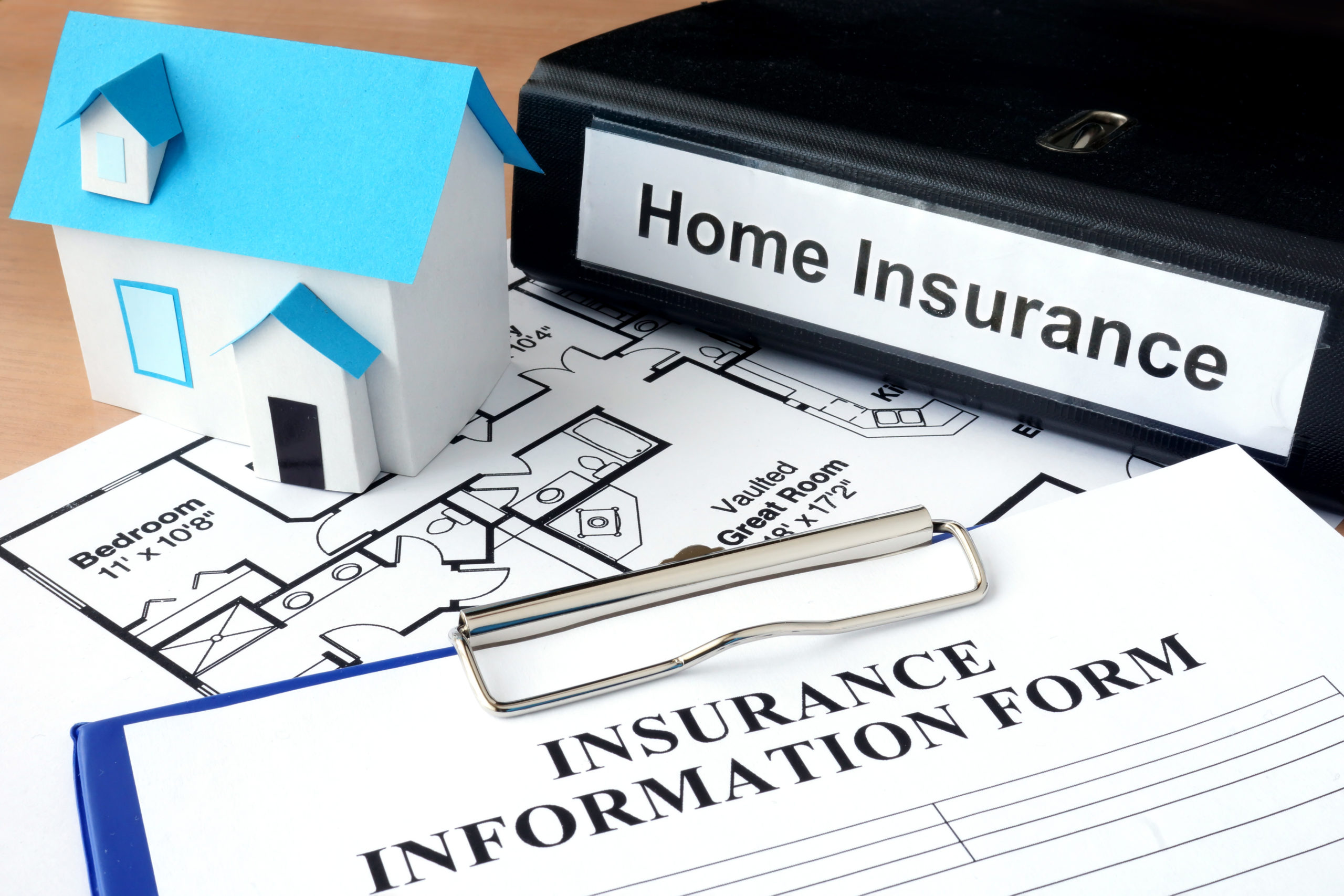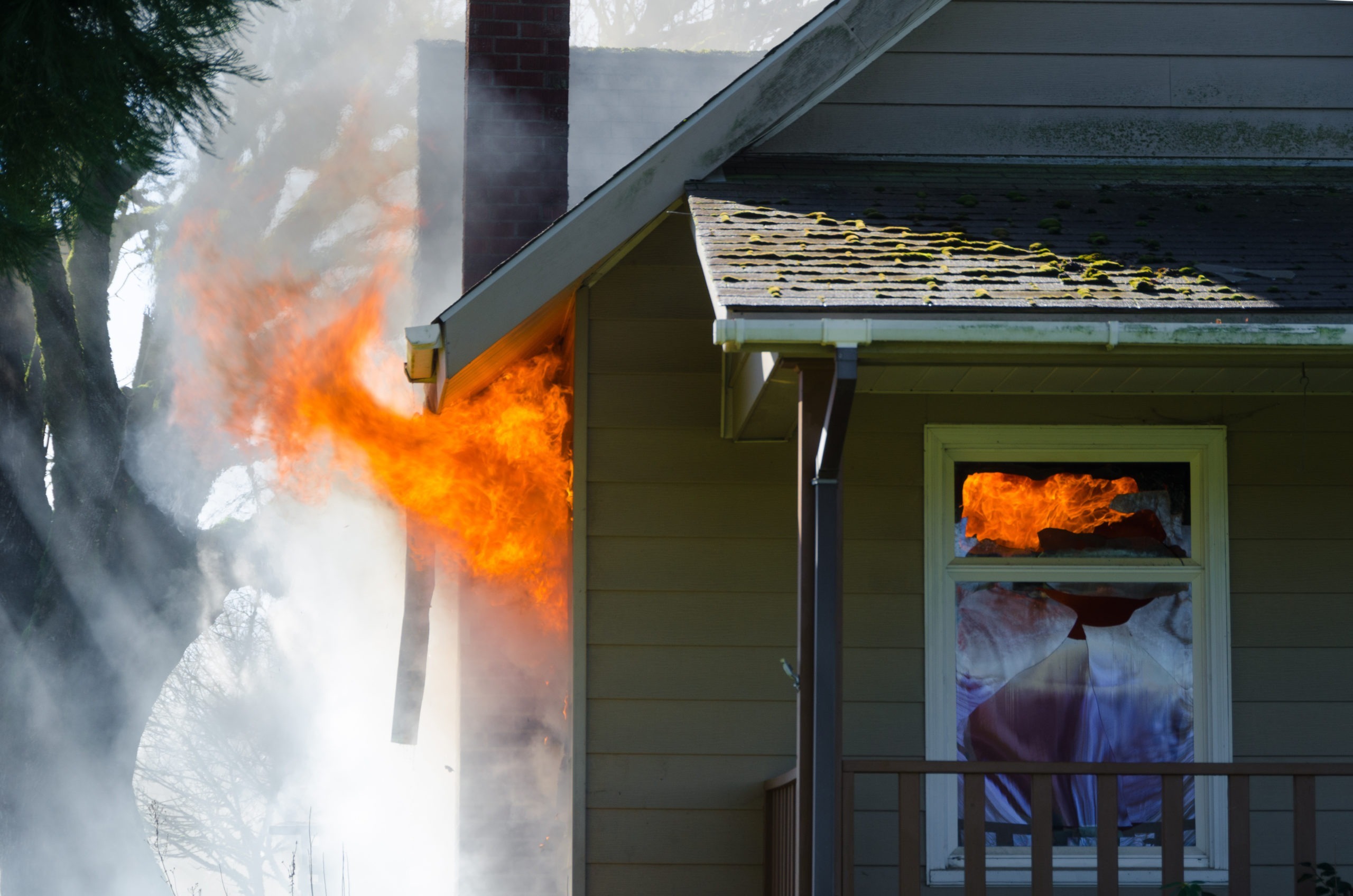Homeowners insurance is an expense. However, good insurance should protect you against disasters and financial issues. That said, since you’re paying for something that you hope to never use, don’t make the mistake of paying for more than what you have to.
Fortunately, there are several ways to get the coverage you need at the price you can afford. In general, reliable insurance companies like OpenHouse Home Insurance consider various factors for your premiums. Some factors such as the location and age of your home are beyond your control, however, most are up to you.
Here are some surefire ways to save money on your homeowner’s insurance.
1. Increase Your Deductible
The deductible is the amount of money you pay if you need to make a claim. By raising your insurance deductible, you can quickly reduce your premiums.
If you can pay above the minimum deductible, for instance, if your insurance provider set a USD$500, choosing to pay up to USD$1,000 can help you significantly reduce the cost of your insurance.
Take note that if you live in a risky area, for instance, prone to natural disaster or high criminal activities, your insurance provider may require a separate deductible for these specific damages. Consider this when deciding to raise your standard deductible.
2. Boost Your Credit Score
Your credit score has a significant impact on different aspects, including your Homeowners Insurance premium. This is because most insurance providers use a credit-based insurance score to decide your rates.
If an insurance provider sees you have a low credit score, you may have to pay higher premiums. In contrast, a higher credit score can help reduce your premiums.
So, take the necessary steps to increase your credit score such as reducing credit card balances or paying bills on time.
3. Change Coverage
Homeowners’ insurance typically consists of liability insurance, structure insurance, personal property insurance, and extra living expenses coverage.
In general, you can choose different levels and amounts for each type of coverage. Take note, that coverage that pays more in them during a claim will have a higher premium. For instance, personal property insurance that covers replacing damaged possessions with brand-new items will cost more than covering only their current value.
Carefully check each coverage and look for further adjustments to save money.
4. Opt For Bundles
Most retailers offer bundled items with good discounts compared to buying individual products. This practice is also provided by most insurance companies. Most insurers can offer significant discounts of up to 15% if you buy more than one policy from them.
For instance, you can bundle your homeowner’s insurance and auto policies and gain significant savings. Another benefit of opting for the same provider is that you have your policies in one place for easier and more convenient payment.
5. Eliminate The High-Risk Features
Those seemingly harmless, nice additions to your home, such as swimming pools, wells, trampolines, or treehouses may be the reason you have higher insurance premiums.
Insurance providers call these features ‘attractive nuisance,’ which are anything that poses danger to kids but could tempt them to play on. If a kid gets injured while doing so, you’ll be held legally responsible. Since insurance providers consider this a liability risk, removing these items can save on your insurance premiums.
That said, you can’t easily get rid of certain features like swimming pools. In this case, an effort to make it safer, for instance, adding pool covers or installing a fence, may help reduce its risk and potentially lower your premiums.
6. Do Some Home Improvements
Doing some home improvements not only helps in boosting your home’s value but can also make you eligible for insurance savings without even realizing it.
For instance, adding features that make your house more resistant to damage such as impact-resistant roofing and storm shutters can help lower your premiums. You can also earn some discount by upgrading your outdated electrical and plumbing systems.
After making some home improvements, you can request a new home inspection to evaluate these improvements and maximize potential discounts from your insurance provider.
7. Compare Prices
There are numerous companies offering homeowners insurance–from traditional insurance companies to online-only firms. Doing your research and browsing for options can help you find the most competitively-priced policies.
Talk to an insurance agent and determine what kind of coverage you need. Make sure to get quotes from various providers and compare.
Do you Need Homeowners Insurance?
If you own a home, you should probably get homeowners’ insurance. In fact, if you plan to finance your property, the bank or mortgage lender will undoubtedly demand it. This will let your lender protect their investment in the event of a flood, fire, hurricane, or other untoward incidents. Although you are theoretically exempt from needing homeowners’ insurance if you paid cash for your home or have paid off your mortgage, it is still a good idea to get it to safeguard your assets in case something untoward happens to them.
If you purchase a mobile home, co-op, or condominium, the same regulations apply. No matter what kind of property you purchase, if you take out a loan to pay for it, your lender will undoubtedly want insurance. Condominium or private community associations may impose a homeowner’s insurance need to safeguard common structures and facilities including tennis courts, swimming pools, shared walls, and roofs.
Even if your mortgage is paid off, you paid cash for your home, or you inherited a property without a mortgage, getting homeowners insurance is a great idea. Most homeowners lack the funds necessary to rebuild or carry out significant repairs if their home is significantly damaged or destroyed. A homeowner’s coverage is significantly less expensive than starting over from scratch.
The majority of traditional plans also offer coverage to assist you in replacing your furniture, clothing, and other items in the event of a fire, hurricane, or other catastrophic disaster.
What Is Covered by Homeowners Insurance?
Your home, your belongings, and even third parties injured on your property are all covered by homeowner’s insurance. Following is a breakdown of the standard protection offered to homeowners insurance policyholders:
Dwelling Coverage
Home damage brought on by fire, smoke, theft, vandalism, or bad weather is covered under dwelling coverage. Floods and earthquakes require supplementary insurance, despite the fact that damage from lightning, wind, and hail is typically covered. Your property’s other detached structures, such as a garage, barn, or shed, are also protected.
Personal Property Coverage
Personal property insurance covers your belongings, including furniture, gadgets, appliances, and clothing. Property owners may receive compensation for the full replacement cost of lost or damaged property or for the item’s actual cash value after depreciation. You might need to pay higher rates or purchase extra coverage if you have valuable items like jewels and works of art.
Personal Liability Coverage
Personal liability insurance could protect you if someone is injured while on your premises. If you are sued, your coverage might pay all or part of your legal fees and expenses. If children get hurt, it might also cover their medical expenses, like those for X-rays, ambulance rides, and hospital stays.
Living Expenses Coverage
Living expenses insurance will help with cost reimbursement if a covered illness forces you to leave your home. This can be because to a fire, a storm, or other urgent or imminent threats for which the local authority has issued an evacuation order.
To address specific demands, homeowners’ insurance companies frequently offer add-ons to their plans or supplemental insurance, which can include the following:
- It is possible to purchase separate plans that cover the damages brought on by earthquakes and floods. Although not all insurers provide earthquake or flood insurance, depending on where you reside, you might be forced to get one of these plans. You can evaluate the likelihood of flooding in your area using the interactive flood map that FEMA makes available on its website.
- Insurance for manufactured or mobile homes guards against damage to a permanent building. Numerous insurers provide unique homeowner policies that are tailored to cover manufactured (prefab) and mobile houses.
Where to Buy Homeowners Insurance?
Visit the websites of insurance firms to begin your search for home insurance. The majority of these websites outline the possibilities as well as what is and isn’t covered. However, finding every aspect of coverage online is not always straightforward. A lot of insurance companies advise speaking with a knowledgeable insurance agent in your area who can help you get the policy that best meets your needs because homeowners’ insurance is a sizable investment.
In the event that you choose to engage with an agent, they can also help you choose the correct price range. While company and captive agents can only work with one provider to help you tailor a policy to your needs, independent agents can obtain quotes from multiple companies to find you the best offer.
However, if you choose to search for a policy independently, many insurance websites offer estimating tools that, after you enter some fundamental details about your home and its contents, provide you with a rough estimate of how much your premium would be.
There are always ways to reduce the cost of your homeowners’ insurance, regardless of the company or coverage you choose. However, one of the most well-liked ways to cut costs is to combine numerous policies, such as home and car insurance, with one provider.
Cost of Homeowners Insurance
A few factors that can significantly affect the price of your house insurance are the age, size, and location of your property, as well as the likelihood of a major weather event in your area. The typical monthly premium is between $100 and $170.
Home insurance may be quite pricey, especially if you live in a flood-prone location. Homeowners’ insurance rates are also likely to rise in areas with higher crime rates, higher rebuilding costs, or stricter building codes. Additionally, compared to communities with nearby professional fire stations, it could cost more to insure a house in a remote volunteer fire department.
Other elements that could affect homeowners’ insurance costs include the furnace’s age and condition, the roof’s condition, and the status of other key home features. Security and fire alarm systems save insurance rates. The cost of a typical premium may increase if additional coverage is required to protect extremely expensive belongings. The size of your deductible, or how much you would have to pay out of pocket in the event of a claim, will likely have an impact on your monthly insurance premiums. In general, your premiums will be lower the bigger the deductible.
It is a good idea to examine your coverages and expenses every year, even if you already have home insurance. As the real estate market shifts and you make more purchases, your coverage needs alter over time. Additionally, house insurance is a competitive industry, so even if you are generally satisfied with your current insurer, you may be able to save money by checking prices every year.
Take Away
Your homeowner’s insurance premium varies by hundreds of dollars, depending on several factors, and could end up costing more money than it should. But with better awareness, information, and the tips mentioned above, you can position yourself to find the best rates and save more on your homeowner’s insurance while adequately protecting your home and assets.





